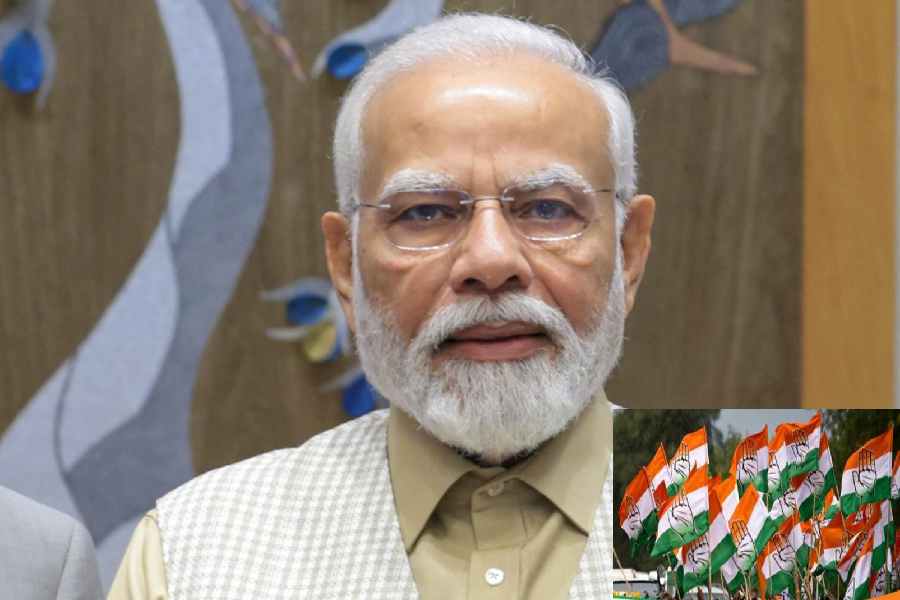Last week, the Narendra Modi government announced that it had set up a high-powered panel under the former president, Ram Nath Kovind, to evaluate the concept of "One Nation, One Election". The aim of the idea is to hold elections to the Lok Sabha and all state legislative assemblies simultaneously. While the proposal might have monetary, logistical and even administrative benefits, it is antithetical to the very ideas of federalism and democracy. Proponents of the suggestion argue that such a move would save the taxpayer significant amounts of money by rationalising election expenses. It would free up security agencies from voting-related duties and also allow politicians to focus on meatier work rather than poll-related gimmicks. These arguments, which have been examined by at least three government or parliamentary panels, ignore independent India’s democratic journey, the lived experiences of the country’s citizens and the powerful advantages of staggered elections, and risk thrusting a presidential model of governance on the nation.
India is familiar with the concept of simultaneous elections: Lok Sabha and state legislature elections were held together in 1952 and 1957. After Kerala’s communist government was sacked by the Central government in 1959, the southern state had fresh elections in 1960, marking the first break with the pattern, even as other states held elections with the Lok Sabha in 1962 and 1967. But over the years, as governments collapsed before their full terms, different states naturally developed fresh election cycles. To force states and Union territories to hold elections at the same time as the Lok Sabha vote would require most legislatures to artificially shorten their ongoing terms, betraying the democratic mandates they are currently serving. Worse, this would be unsustainable. If a state’s government collapses halfway through its term, do the people need to wait until it’s time for the next Lok Sabha election before they get a chief minister? And if the Central government collapses mid-term, should state governments fold up too? Across India, voters often lament that they only see politicians before elections. Elections held at different times nationally keep at least the federal government and Opposition parties on their toes. Different states get to elect governments based on issues of importance to them, rather than being drowned out by one national agenda. These are greater gains than anything that forced, simultaneous elections can bring. Democracy is no bean-counting exercise.











